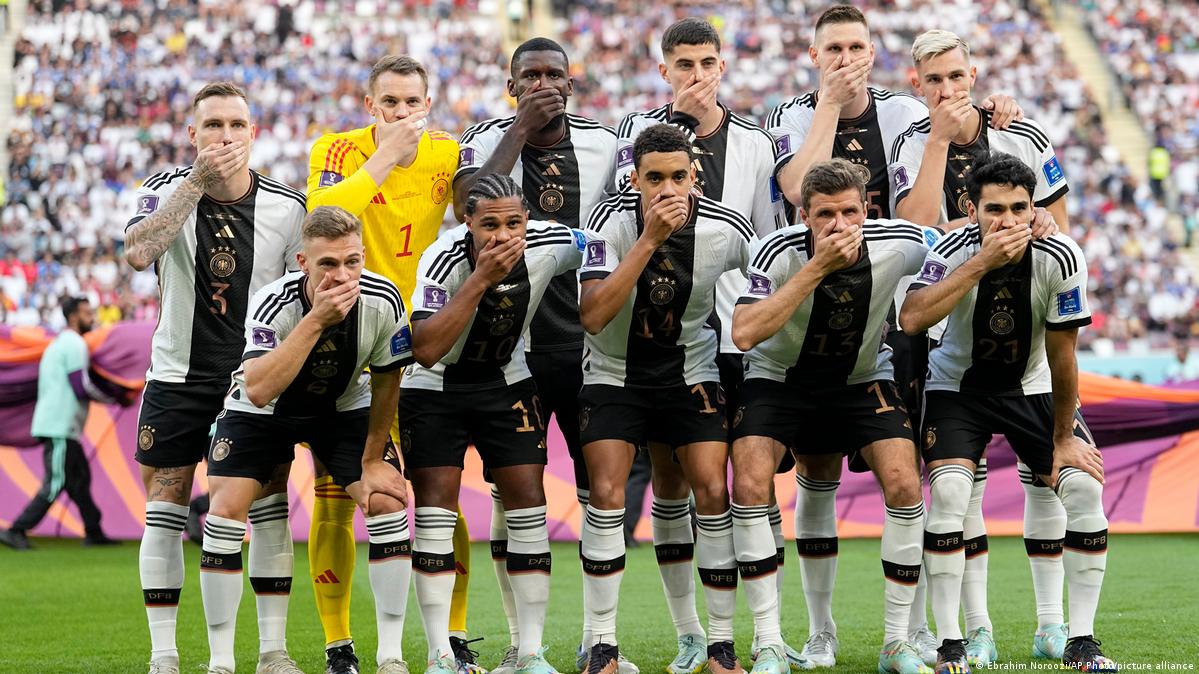
As soon as Qatar won the bid to host the 2022 World Cup back in 2010, questions were raised as to how this could have happened.
To start with, the Middle Eastern country has never been an attractive prospect for such a prestigious event due to it’s desert climate, but far more pressing issues came to the forefront then and refuse to go away now.
Allegations of corruption, bribery and vote swapping have been circulating since the bid. According to a Sunday Times report that focused on documents such as leaked emails, a Qatari football official paid millions of dollars’ worth of bribes to FIFA officials. Even though irregularities were found in the bidding process, no proof of wrongdoing ever surfaced.
Due to the lack of infrastructure in Qatar such as stadiums and hotels, many migrant workers were hired to begin construction for the tournament to keep labour costs down. The migrant workers, mainly from Southeast Asia and Africa, were subjected to terrible working conditions. Amnesty International said these conditions bordered on “modern slavery” and claimed the workers were lied to about salaries, made to work extremely long hours and were even physically abused.
According to analysis by The Guardian, thousands of migrant workers have died since 2010 when Qatar was selected as the host for the World Cup and the building of infrastructure began, but the exact number is unknown along with the causes of those deaths. Official Qatari statistics say that 37 people died during construction for the tournament, and 34 of those deaths were said to be non-work related.
Qatar has been accused of “sportswashing” – a term used to describe an oppressive government’s efforts to bury their poor international reputation with big sporting events. Human rights groups have long criticised the country for its treatment of women and the LGBTQ community. Sexual intercourse between people of the same sex is a crime and many LGBTQ citizens have described being assaulted, harassed and even forced into conversion therapy.

There is also a lack of freedom of expression in the country. Criticism of the monarch and speaking out against the religion of Islam is criminalised, and so is the spreading of so-called false news. These laws have been weaponised to silence dissidents, and this has led to fears over journalist’s safety if they decide to ignore restrictions when reporting on controversial issues.
The debate whether people should or should not boycott this year’s World Cup still rages on. “I think more people should take a stand and decide to avoid the World Cup this year,” said Jon, an avid football fan from Plymouth. Jon went on to say: “I won’t judge people who watch it, but I can’t bring myself to do it because of all the human rights violations that take place in that country. I love football but I’d feel guilty if I didn’t take some sort of stand myself.”
Team captains from several European nations planned to wear the ‘One Love’ armband at the event, representing inclusivity and showing support for LGBTQ people, but FIFA threatened sanctions for those who wore it and the idea to make the statement was dropped by the teams.
Ex-England defender Gary Neville said: “If you do say you’re going to do something, which is what we have done and what England have done, you have to follow through with it.” Neville has also been criticised for his work on the World Cup in Qatar. The German national team covered their mouths in a photograph before their match against Japan “to convey the message that FIFA is silencing” teams, said the Germany manager Hansi Flick. German politician Nancy Faeser wore the ‘One Love’ armband at the same match while sitting next to FIFA president Gianni Infantino.
No matter your opinion surrounding the controversy at the World Cup in Qatar, it’s safe to say that it is difficult to focus solely on the football. The debate over the issues raised has created more conversation and discussion regarding global change and some have been lauded for their bravery, but others have suggested that politics and ideology should be kept out of the game, and the statements made so far amount to nothing but virtue signalling. Germany’s football federation responded with a tweet saying: “It wasn’t about making a political statement – human rights are non-negotiable.” The issues are inescapable, and more statements and protests are likely to arise.
